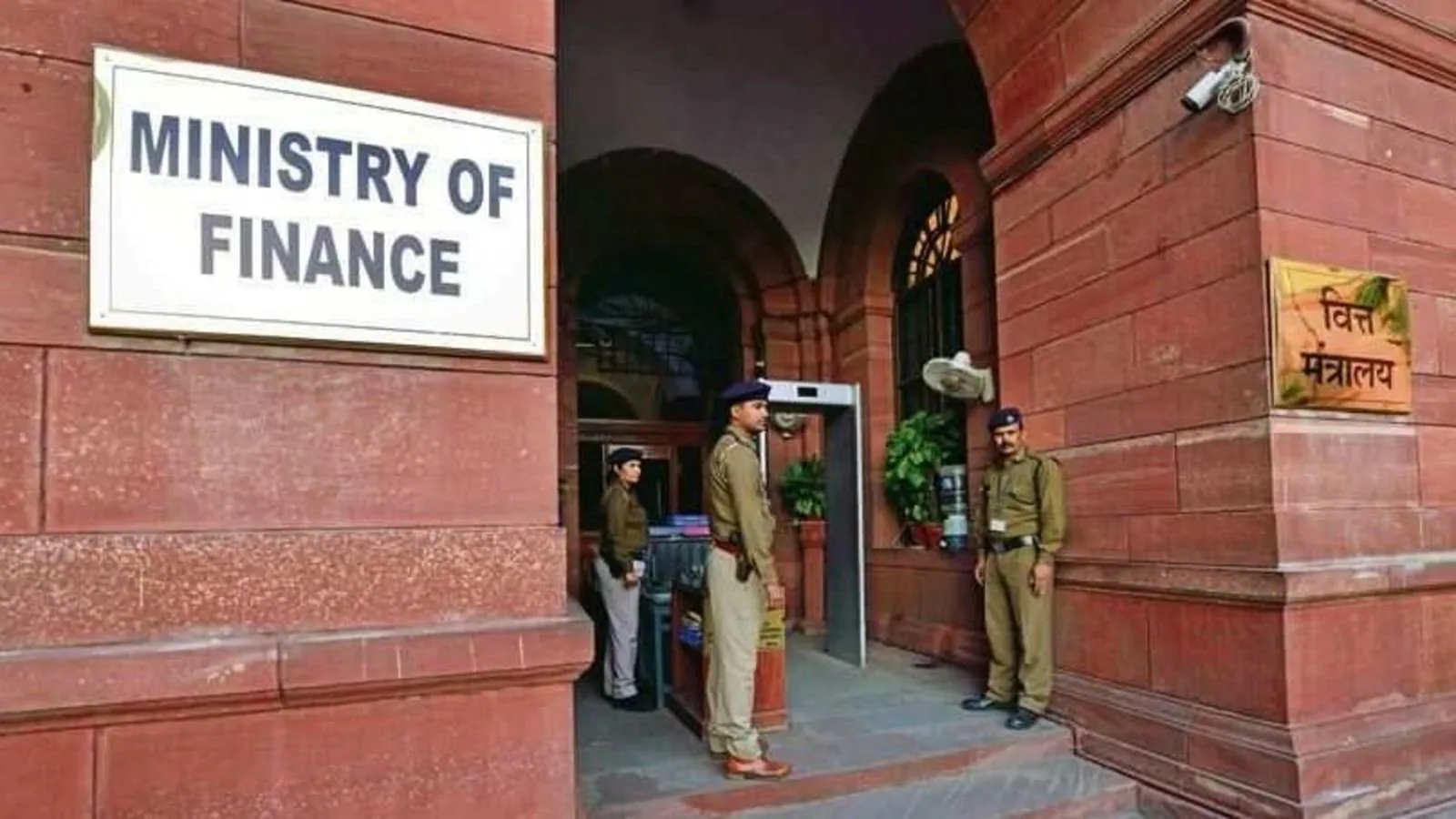Mumbai: Union minister Nitin Gadkari on Saturday expressed concern over the “rising” number of poor, and said wealth was getting concentrated in the hands of some affluent people.
There is a need for decentralisation of wealth, Gadkari said during an event in Nagpur, where he touched upon a range of issues, including agriculture, manufacturing, taxation and public-private partnerships in infrastructure development.
“Slowly the number of poor people is increasing and wealth is getting centralised in the hands of some wealthy people. It should not happen,” the Road Transport and Highways Minister said.
The economy must grow in a manner that creates jobs and uplifts rural areas, he said.
“We are looking at an economic option that will create jobs and (give a boost to the) growth of the economy. There is a need for decentralisation of wealth, and many changes have happened in that direction,” he said.
The senior BJP leader also credited former prime ministers P V Narasimha Rao and Manmohan Singh for adopting liberal economic policies but cautioned against unchecked centralisation.
“We have to be worried about it,” he added.
Referring to India’s economic structure, he pointed out the imbalance in sectoral contributions to GDP.
“Manufacturing contributes 22-24 per cent, services 52-54 per cent, while agriculture, despite engaging 65-70 per cent of the rural population, contributes only around 12 per cent,” he said.
Invoking Swami Vivekananda, Gadkari said, “Philosophy cannot be taught to someone whose stomach is empty.”
He highlighted the evolving role of chartered accountants, Gadkari said, “CAs can be the growth engines of the economy. Our economy is changing rapidly. It is not only about filing income tax returns and GST submissions.”
Talking about the infrastructure development, Gadkari highlighted his own initiatives in the transport sector.
“I was the one who started the Build-Operate-Transfer system for road construction,” he claimed.
There is no shortage of funds for road development, he added.
“Sometimes I say I do not have a fund crunch but I have a shortage of work,” Gadkari said.
“Now, we earn nearly Rs 55,000 crore through toll booths and in the next two years, our income will go up to Rs 1.40 lakh crore. If we monetise it for the next 15 years, we will have Rs 12 lakh crore. New toll will add more money to our coffers,” he said.
The minister also spoke about projects aimed at enhancing regional connectivity and investment.
“We are constructing a rope of Rs 5,000 crore in Kedarnath. The contractor is ready to spend the amount and give Rs 800 crore royalty to the Union government. When the Uttarakhand government asked us to share the royalty, I asked whether they would also share the loss-making units,” he said.
On domestic investments, Gadkari said he has raised funds through Infrastructure Investment Trust (InvIT) bonds without foreign assistance.
“I am not accepting money from foreign countries like Canada or the US. I will build roads from the money raised from the poor people of the country,” he said, adding that the share which was at Rs 100 has now jumped to Rs 160 and people will get nearly 18 to 20 per cent returns.

